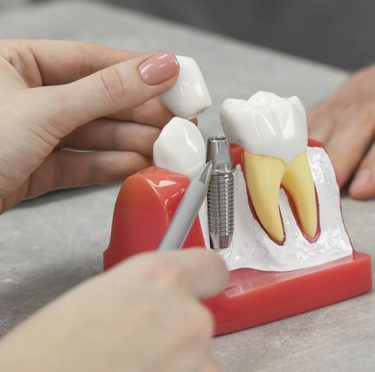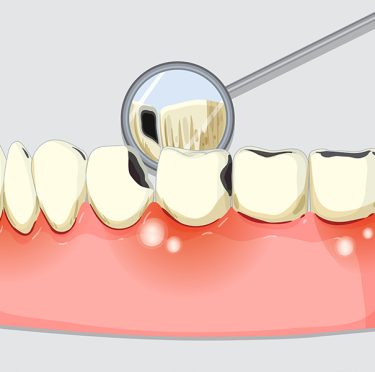Is Perio Surgery the Unsung Hero of Your Smile?
July 4, 2025Gum health often doesn’t get the spotlight it deserves—until there’s a problem. If you’ve been told you have gum disease...
Read More >>Which Type of Dental Implant Is the Safest for You?
July 1, 2025When it comes to preserving your smile, few options match the stability, look, and feel of dental implants. They’ve become...
Read More >>How Can I Keep My Dental Implant Clean and Healthy Every Day?
June 4, 2025Thinking about getting implants or already have one? These long-term solutions can work wonders for your smile, but they need...
Read More >>How to Prevent Gums After Periodontal Disease Treatment?
June 1, 2025Just had gum treatment? That’s a major step forward—but it’s not the finish line what you do next after Perio...
Read More >>Step-by-Step Procedure of Periodontitis Gingivectomy Treatment
May 1, 2025Periodontitis is described as a severe gum infection that may damage the tissues supporting your teeth, leading to tooth loss...
Read More >>Bruxism Treatment: How to Stop Teeth Grinding and Its Symptoms
May 1, 2025Teeth grinding is quite a common issue that can cause serious discomfort and long-term damage. Those who struggle with teeth...
Read More >>





